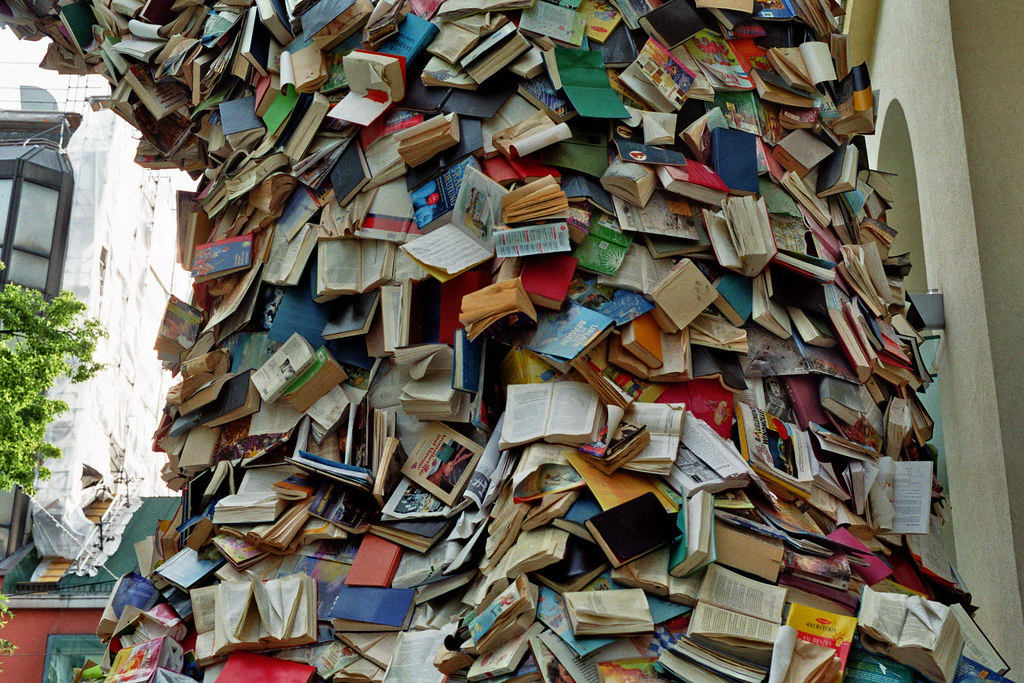With this being National Poetry month, I want to give us a chance to write a poem. Now, writing a poem is about the language. It is about playing with language using those devices we have been learning all year long.
So, here is your prompt. Write a 16 line "Why does it matter poem?" If you do not like this prompt, write a junk food poem. Whichever poem you choose to write, remember it should have those devices we have been working with: symbols, metaphors, similes, anaphoras, alliterations etc.
The example below is just my take on the prompt. As long as the phrase, "Why does it matter" appears somewhere in your poem, it works.
Example:
Why does it matter that the shoes I wear are not
heels, and my jewelry is not a pearl necklace. Why does it matter
that when I sing while driving, my voice is not amplified or streamed?
Why does it matter that books opened speak a language I understand,
and build with letters,
forming words,
making sentencesstrungtogether that hang across
page after page lighting up the silence? Why does it matter that
when I am in public, I am quiet? Not because I have run out of things to say
or my mind has powered down, but because sometimes knowing comes from
observing and listening? Why does it matter that when the sun comes up
and the sky is streaked with red, orange, and blue,
I cannot help but think in poetry, and why does it matter that
sometimes my fingers cannot help but hold a pen
and watch as it skates across the page etching meaning
to make sense of the world. Why does it matter?
It doesn't matter to anyone but me.



